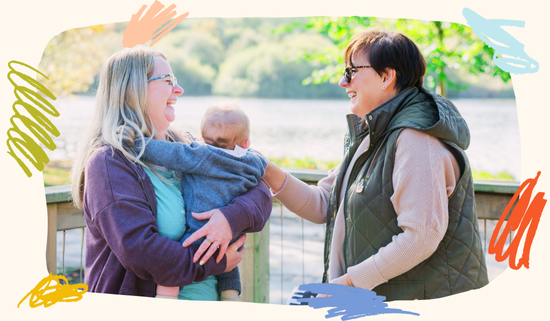Who can foster?
People of all ages, sexuality, gender, marital status, employment status, nationality, ethnicity, religious beliefs, education and social class all make fantastic foster carers.
The most important thing is their willingness to provide a safe and loving home for a child or young person.
Essential criteria that foster carers must meet:
- Be over the age of 21 – there is no upper age limit.
- Be fit and able to care for children and young people.
- Either own their own home or be in a secure rental agreement.
- Provide an environment that is suitable for children and young people.
- Have a good level of spoken and written English.
- Disclose any criminal records.

.webp)





